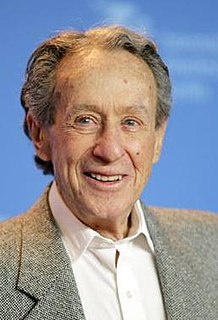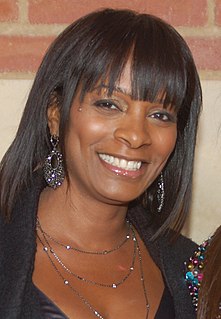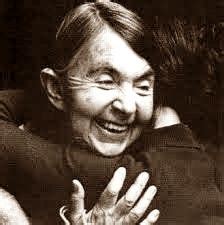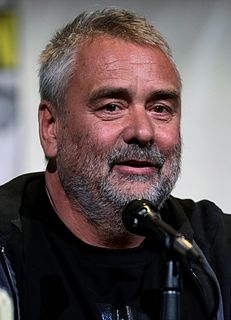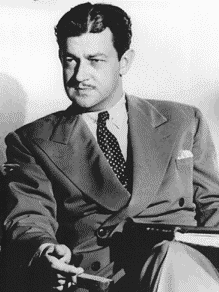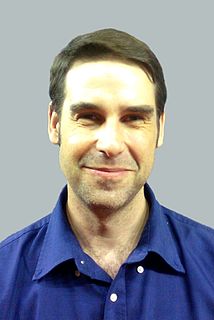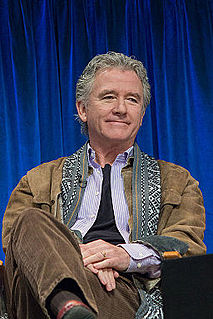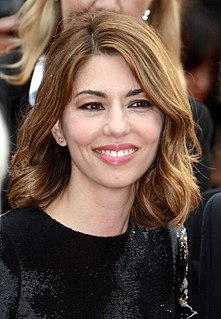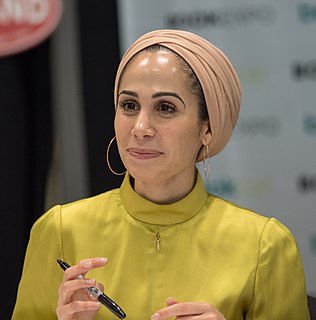A Quote by Arthur Penn
I don't storyboard. I guess it dates back to my days in live television, where there was no possibility of storyboarding and everything was shot right on the spot - on the air, as we say - at the moment we were transmitting. I prefer to be open to what the actors do, how they interact to the given situation.
Related Quotes
Of course there's a value in a storyboard if you do a big - let's say an action movie and actors have to move and act in front of a green screen because entire backgrounds exploding and cars flying through there have to be created separately, and in this case you better make sure the actors are precisely placed and the background action is moving in a certain moment, for this type of film you would need a storyboard.
One thing I've learned in my career is that you don't have to answer people right away. I've learned how to say, "Can I get back to you about that?" Now I've given myself time to really assess what you asked me to do or what the situation is, think about it, then come up with a plan. Then by doing that, when I come back to you, it's not what I say it's how I say it.
I guess I prefer to play live, but I don't want to have only live CDs. I like playing live because there are alot of things that can happen. I can interact with the audience and say some things to get me in trouble. On the other hand, the studio is nice because you can really take your time and make something that you know is the best thing that you can ever do. But nothing beats being up on stage in front of all that energy.
Maybe if I'd gone in younger, I wouldn't have had that feeling, but I've seen an enormous amount of changes since the early-'70s in how this stuff is shot. I did the first TV movie ever shot in 18 days; before this film the normal length of shooting a TV movie was between 21 and 26 days. We shot a full-up, two-hour TV movie in 18 days with Donald Sutherland playing the lead, who had never worked on television before.
There was a brief moment of weightlesssness: a balancing point between air and earth, dirt and heaven. How strange, I thought, how like the moment between sleeping and falling when everything is beautifully surreal and nothing is corporeal. How like floating towards completion. But as often happens in that time between existing in the world and fading into dreams, this moment over the edge ended with the ruthless jerk back to awareness.
What it is now is basically, I'll sit on my computer; I basically kind of play the computer as an instrument, I guess you could say. I guess I play the Mac. And how it works is, say - I have a program called 'Ableton Live.' And, you know, you'll open it up, and it's just blank. There's nothing there. And then you start.
On the darkest days you have to search for a spot of brightness, on the coldest days you have to seek out a spot of warmth; on the bleakest days you have to keep your eyes onward and upward and on the saddest days you have to leave them open to let them cry. To then let them dry. To give them a chance to wash out the pain in order to see fresh and clear once again.
